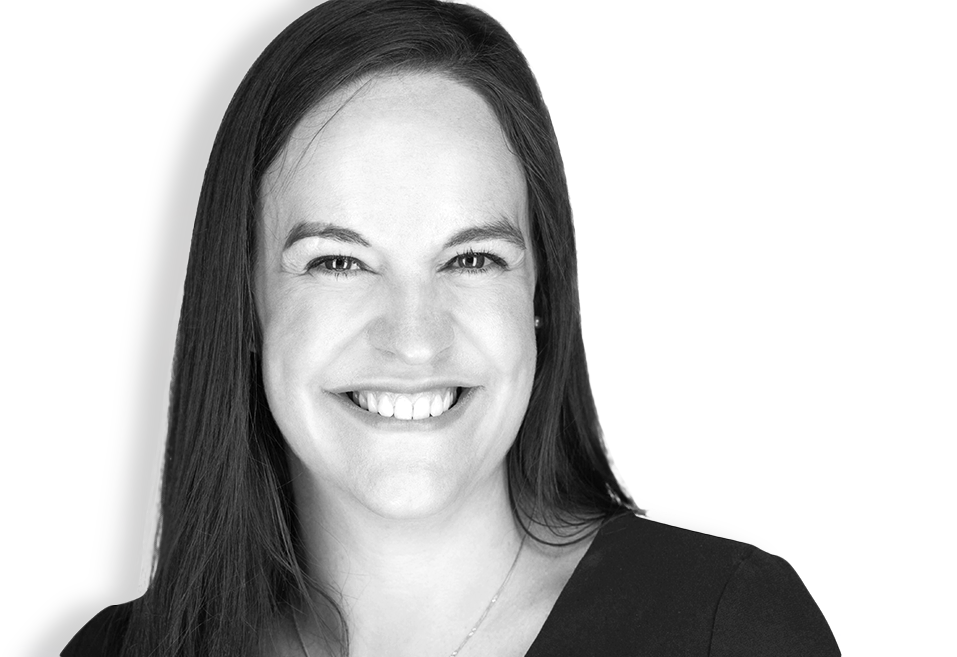Last week I took a closer look at the headline insights regarding ‘Perception v Reality’, ‘Challenges & Bouncing Back’, and ‘The Availability of Talent’, from the results of the Salary Survey 2020.
This week I’ll delve deeper into ‘Changing Where We Work’ and what this means for professional accountants and employers.
Changing where we work…
We’ve been catapulted at full speed and brutal force into a new way of working…a tech heavy, remote world, where majority of us haven’t seen our colleagues in real life for 6 months.
We’ve seen the inside of client’s homes, met our colleagues children, and had more Zoom Quizzes than we care to admit.
But what does all this mean for the working world? And, what will happen when the ‘new normal’ becomes, well, normal, but not so new?
As the findings report, almost 80% of respondents said they were happy, or very happy with how their companies reacted to lock down- how efficiently people got up and running from home.
Laptops and office chairs being fed-exed frantically around the country, people’s kitchen tables being commandeered with files. Everyone appreciated we were in unchartered territory and overall, businesses did well to carry on as seamlessly as they could.
And aside from the initial frenzy, we’ve realised that, in most cases, we CAN do a lot of our work from home, and actually, and maybe to some, surprisingly, it’s been a mostly positive, and productive way to work.
WFH is something that has been consistently sought after in the workplace.
So much so that in 2019’s survey, almost 80% of people said that they would give up to 20% of their salary for a WFH option or a more flexible working day.
And yet, despite the facts, we had been extremely slow to implement it and the age-old adage of ‘if you’re not in work, you’re not working’ lingered on and on.
In this years’ survey, almost half of people believe that they will continue to work from home, even once the pandemic is over.
Unfortunately, 49% of people say they are actually working LONGER hours than they did before COVID, longer, not less.
Let’s think about the quality of this time at home…
No commute to be taken into account, yet people are longer at their desks, and I know from speaking to clients and candidates alike that lots of people are really struggling to separate out work life from home life..
What’s to stop you logging back on after dinner to complete a task when the laptop is right there beside you.. or lying in bed in the morning- there’s now no commute to do, so people are just getting up and logging on… no walk, no fresh air, no take away coffee… just straight up to start their day.
This WFH is GOING to be part of our lives for a very long time to come so we need to think about what we could use this time for..
Our overall quality of life should be improving…
For parents, you should now be able to drop your children to school, for colleagues, start YOUR day with a run, a swim; to have dinner together with your loved ones in the evenings. That’s what we need to continue to remind ourselves of when we’re struggling to find time in our day.
Time in our day that we used to spend commuting has to be encouraged by employers to be peoples personal time. Time gained back during the day, not time that is slowly creeping into a longer working day.
As employers, one of the greatest risks we face in this new way of working is ensuring people are taking adequate breaks during the day when they are WFH. Burnout will be rife, and we’re starting to see signs of it already.
So, what should we do about it?
We have an obligation to our teams to ensure their health, and it’s something as employers we need to start talking about and taking action on.
So, what has Covid done to us as a workforce? What will half of employees continuing to work from home mean for both the culture of your business, but also for the employees’ health – both physical and emotional?
How do we manage to take the positives of WFH, and ensure we maintain these, while still performing not only as an economy, but as a nation overall?
Take this statement back to your office, wherever that now may be – use it to start conversations, use it to make sure you’re playing the right game when it comes to the staff engagement and retention in 2020 and beyond.
To see the full results click here.
To view the first two parts of this series click the following links:
A Partner’s Perspective on the Salary Survey 2020…Part 1
A Partner’s Perspective on the Salary Survey 2020…Part 2
About Elaine
Elaine Brady | Managing Partner | Barden Dublin
Following an undergrad in business in Trinity, Elaine joined the recruitment profession in 2004 and held a number of leadership roles with key recruitment firms before founding Barden in 2014. Elaine advises leadership teams across Leinster on their talent attraction and retention strategy and is a regular speaker at institute events.


 Jump Back
Jump Back

